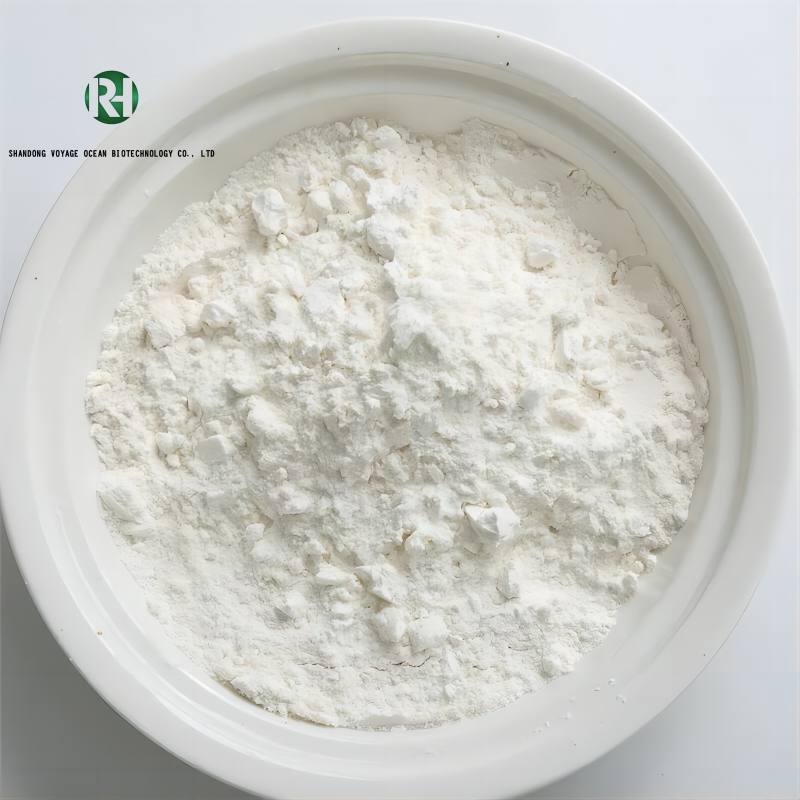Two MP articles reveal the molecular mechanisms of plant suppression of autoimmune!
-
Last Update: 2020-07-23
-
Source: Internet
-
Author: User
Search more information of high quality chemicals, good prices and reliable suppliers, visit
www.echemi.com
On November 13, 2019, molecular plants published two articles back-to-back online, revealing the mechanism of calmodulin binding transcription activator family protein camta in inhibiting plant immunity! They are from the following: a research paper entitled "biosynthesis of salicylic acid and n-hydroxypeptic acid by modulating the expression of sard1 and cbp60g" by Li Xin and Zhang Yuelin, University of British Columbia, Canada.and a research paper entitled "Arabidopsis camta transcription factors regularize pipecolic acid biosynthesis and priming of immunity genes" by Michael f. thomashow, Michigan State University, USA.previous studies have confirmed that calmodulin binding transcription activator, camta transcription factor, is the main regulator of SA mediated immunity.six camta proteins are encoded in Arabidopsis thaliana, among which camta1, camta2 and camta3 inhibit SA biosynthesis in healthy plants under normal temperature.in camta3 single mutant or camta1 camta2 camta3 double mutant or triple mutant, ics1 was highly induced, SA and sags levels were significantly increased, and the mutant plants were more resistant to pathogens than WT plants.through chromatin immunoprecipitation and electrophoretic mobility analysis, cbp60g was found to be a direct target of camta3.double mutant sard1 / cbp60g and ald1 and FMO1 mutations in NHP biosynthesis can inhibit camta3-1 autoimmunity.interestingly, a variety of mutants were obtained by phenotype restoration screening of camta1 / 2 / 3 three mutants.studies have shown that these mutants block the biosynthesis or signal transduction of SA or NHP, thus almost completely inhibit the extreme autoimmune response of camta1 / 2 / 3, suggesting that SA and NHP pathways can interact.in conclusion, the results suggest that camta inhibits the biosynthesis of SA and NHP by regulating the expression of sard1 and cbp60g, and the SA and NHP pathways cooperate with each other to optimize the immune response of plants.the research team of Michael f. thomashow of Michigan State University showed that camta123 can also inhibit the biosynthesis of piperic acid (PIP) in healthy plants.studies have shown that in camta1 / 2 / 3 three mutants, agd2 like defense response protein 1 (ald1), an enzyme involved in PIP biosynthesis, was induced to accumulate high levels of PIP, resulting in an increase in the level of SA receptor protein NPR1. Br / > in addition, it is related to the low level of Pisa and Pisa.in conclusion, the findings of this study expand the role of camta123 in the regulation of key immune genes, and propose a new working model in which the loss of camta123 repression leads to the induction of plant defense genes and the initiation of SAR.paper links: ා% 20 ා% 20
This article is an English version of an article which is originally in the Chinese language on echemi.com and is provided for information purposes only.
This website makes no representation or warranty of any kind, either expressed or implied, as to the accuracy, completeness ownership or reliability of
the article or any translations thereof. If you have any concerns or complaints relating to the article, please send an email, providing a detailed
description of the concern or complaint, to
service@echemi.com. A staff member will contact you within 5 working days. Once verified, infringing content
will be removed immediately.







